[WORKSHOP] Stress: Our Brain's Reaction + What to Do About It


[WORKSHOP] Stress: Our Brain's Reaction + What to Do About It
Our training will offer an overall understanding about how the brain works when under stress, its impact on mind health, and tips/ tools that you can start implementing and using today to combat stress responses that lead to burnout. Having accessible knowledge about stress, trauma and resiliency supports individuals in cultivating self-awareness, building their understanding of trauma and stress responses, and integrating new practices that are healthy and sustainable.
Boost Consulting is inspired by Dr. Sandra L. Bloom’s research in developing trauma-informed spaces and organizations, and Dr. Dan Siegel’s work on interpersonal neurobiology, trauma, and mindfulness. Both these models guide our work around stress and the brain. Trauma-informed care is a framework that can help support healthcare workers, educators, entrepreneurs, and parents by building their knowledge about how to self-regulate, honor a client’s/service recipient’s experience, foster safe spaces for open/honest communication, and instill within them supportive and accessible knowledge to combat their own burnout and compassion fatigue.
Join us virtually on Thursday, April 21st from 9:00am to 11:00am MST
Date: Thursday, April 21st
Time: 9am-11am (2 Hour Workshop)
Location: Zoom
Outline of Workshop:
Introductions
Foundational information about the structure and function of the brain
Stress responses: Identifying/navigating stressors and the systemic patterns they create
Impact of Mindfulness
Practice tools and practices to start implementing immediately
Small group exercises and practice
Large group discussions
Target Audience: This is an introductory-intermediate level workshop intended for anyone interested in learning more about the value of trauma-informed workplaces, in order to better manage employees, interact with colleagues, and support clients. (ex. coaches, mentors, administrators, case managers, supervisors, clinicians, support staff, teachers, customer service advocates, care coordinators, hospital staff, probation officers, and much more!)
Method of Delivery: Presentation, video, case study exercises, personal reflection, small group exercises, and large group discussion
Learning Objectives: At the end of the workshop, participants should be able to:
Discuss the prevalence and impact of stress and trauma on individuals, communities and organizations
Identify trauma and stress responses
Define and share the impact of trauma-informed care
Comprehend how to utilize newly developed trauma-informed tools and strategies
Describe steps for creating safer work settings for self, colleagues, and clientele/service recipients
